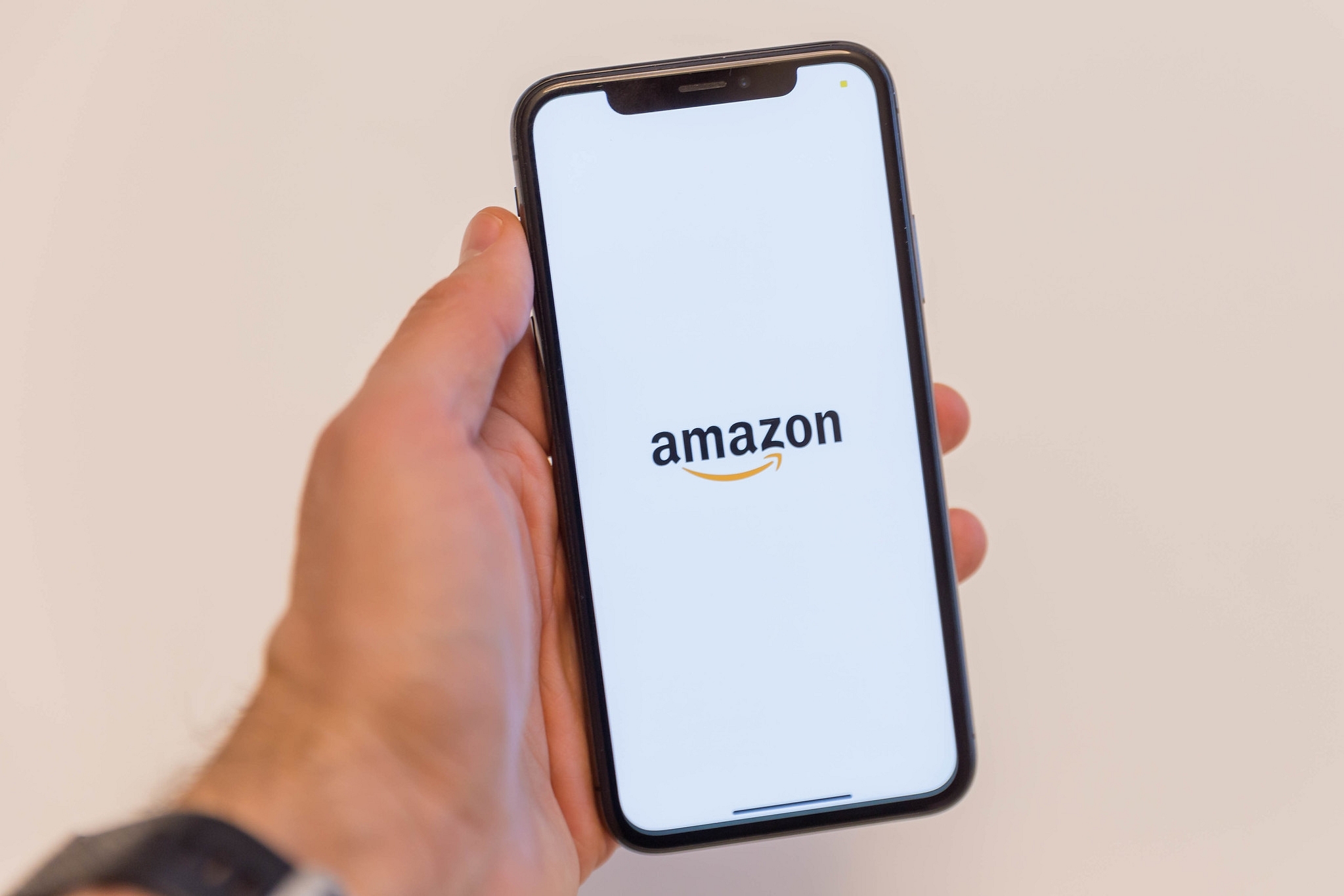News Brief
Amazon Copied Products And Rigged Search Results To Promote Its Own Brands, Claims Report
- The Reuters report bases its claim on internal Amazon documents – emails, strategy papers and business plans etc.
- It states that evidence exists that Amazon’s private-brands team engaged in dubious practices to promote itself at the cost of other sellers.

(Flickr)
In an explosive revelation, a Reuters report states that e-commerce giant Amazon carried out a systematic campaign of creating knockoff goods and manipulating search results to boost its own product lines in India.
The report bases the claim on thousands of pages of internal Amazon documents examined by Reuters – emails, strategy papers and business plans etc. It states that evidence exists that Amazon’s private-brands team engaged in dubious practices to promote itself at the cost of other sellers.
The goal was to promote Solimo - a brand created for the Indian market by Amazon. Solimo products are also available in other countries like the US.
The report alleges that:
One, the Amazon executives secretly exploited internal data from Amazon.in to copy products sold by other companies. For example, Amazon copied the measurements of the shirts of the popular shirt brand John Miller down to the neck circumference and sleeve length.
Two, they rigged Amazon’s search results so that the company’s products would appear in the first two or three search results. It used techniques called “search seeding” and "search sparkles".
Three, they studied proprietary data about other brands on the Amazon platform, including detailed information about customer returns to identify and target goods for replication.
Four, they planned to partner with the manufacturers of the products to copy their unique processes which impact the end quality of the product. They used other companies’ goods as models to develop samples for pre-production testing.
Five, Amazon offered items in the Solimo line that equaled or exceeded the quality of competing brands but were 10 per cent to 15 per cent cheaper.
Six, Amazon didn’t just knock off products for itself. One of its employees suggested that another seller consider replicating another's products.
Among the targeted brands are Prestige, one of India’s largest kitchen-equipment companies; Peter England and Louis Philippe, popular men’s shirt brands, both made in India by conglomerate Aditya Birla Group. Amazon also targeted John Players, a menswear brand then owned by Indian conglomerate ITC Ltd.
In a 2017 paper, Lina Khan, the new chair of the US Federal Trade Commission said:
“It is third-party sellers who bear the initial costs and uncertainties when introducing new products; by merely spotting them, Amazon gets to sell products only once their success has been tested. The anticompetitive implications here seem clear.”
This was not the first time that Amazon faced allegations of foul play. The company is currently under investigation in the United States, Europe and India for alleged anti-competitive practices that hurt other businesses.
In February this year, Reuters had reported that Amazon India had been giving preferential treatment to a few big sellers for years, and used those sellers to circumvent regulations designed to protect the country’s small retailers.
The company said the way it displays search results doesn’t favour private-brand products. “We display search results based on relevance to the customer’s search query, irrespective of whether such products have private brands offered by sellers or not,” Amazon said.
Amazon also said that it “strictly prohibits the use or sharing of non-public, seller-specific data for the benefit of any seller, including sellers of private brands,” and that it investigates reports of its employees violating that policy.
Introducing ElectionsHQ + 50 Ground Reports Project
The 2024 elections might seem easy to guess, but there are some important questions that shouldn't be missed.
Do freebies still sway voters? Do people prioritise infrastructure when voting? How will Punjab vote?
The answers to these questions provide great insights into where we, as a country, are headed in the years to come.
Swarajya is starting a project with an aim to do 50 solid ground stories and a smart commentary service on WhatsApp, a one-of-a-kind. We'd love your support during this election season.
Click below to contribute.
Latest